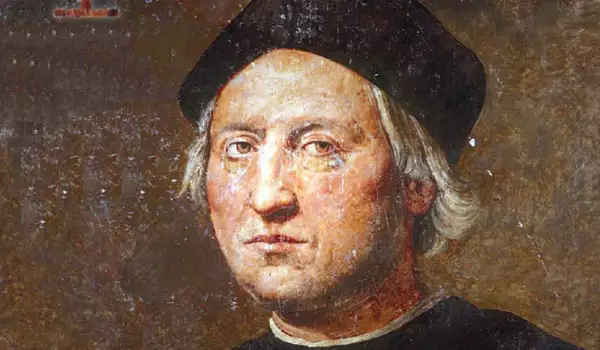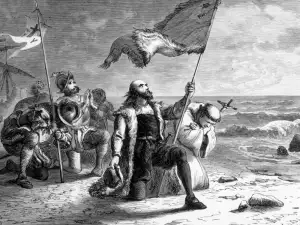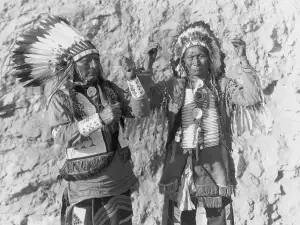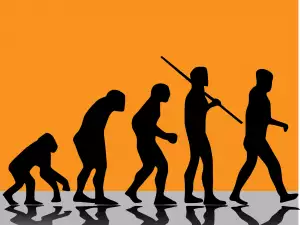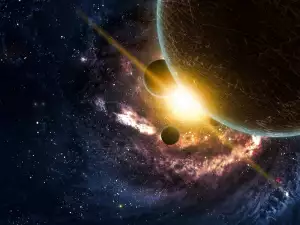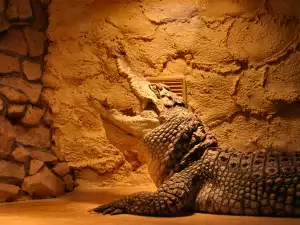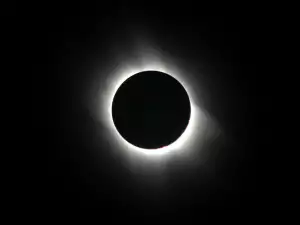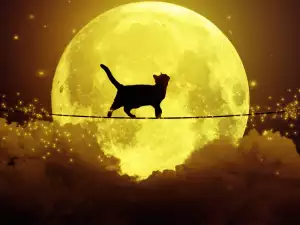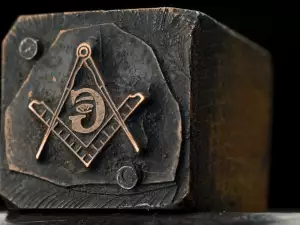By nature, every person is an explorer. This is due to the curiosity ingrained in our genes. Without it we might still be living in closed off communities, thinking that we're the only ones out there and that the world was flat. It was thanks to curiosity that humanity discovered America, climbed Mt. Everest and reached the North and South poles. Today, the Earth is a more well-known and smaller place. All that's left is for us to conquer space. But before we do, let's take a look at some stunning facts about the adventurers who went out to explore our planet.
How Columbus hid the Moon
In 1503, Columbus's ship got stuck in the shallows around Jamaica, while en route to the New World. Knowing that a lunar eclipse was coming, he warned the natives that if they did not help his crew he would make the Moon disappear. At first the natives didn't believe him and remained hostile. But once the lunar eclipse occurred, they became frightened, seeing that Columbus did indeed hide the Moon, eventually opening the way for Columbus.
Livingstone's African misfortune
During one of his many expeditions in Africa, the famous British explorer David Livingstone was robbed. Strangers had stolen all of his food. He sought food from one of the numerous tribes he had encountered. They agreed to give it to him but only if he agreed to have it served in the pig barn and eat it alongside the aborigines' pigs. To avoid starving to death, he agreed.
Prehistoric menu
In 1951, during the annual dinner at The Explorers Club in London, they served steaks from a mammoth that had been discovered in Siberia and remained frozen for 250 000 years.
The inconvenient truth
In 1911, British explorer George Murray Levick described cases of necrophilia among the penguins living in Antarctica. His findings weren't published until 2012, as they were considered too depraved for the time.
Holy steaks
When James Cook first arrived in Hawaii, the locals thought he was a god. But when he returned, his boats were hit by a storm and wrecked. Apparently, this insulted the locals, who ultimately decided that the Englishman was no god. So they killed and ate him.
A slight oversight
Dutch explorer Abel Tasman discovered New Zealand and Tasmania during his first voyage to the South Pacific. What he missed was... Australia. His little oversight (an entire continent) he found during his second voyage.
More than bad luck
Scottish explorer David Douglas died in Hawaii after falling into a pit. But what actually killed him was the bull that fell on top of him, apparently not seeing the hole in the ground either.
To each his own
In 1600, a team of British explorers in China were served something called KE-chiap. They didn't like it, describing it as a mixture between marinated fish and spices. Later, this food was brought to Europe and America and became known as ketchup.
